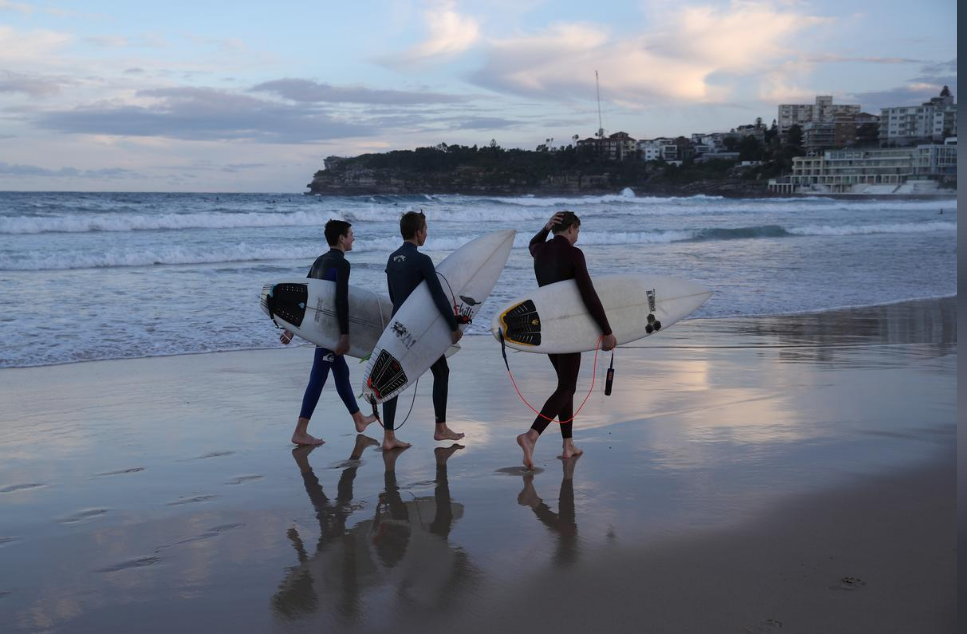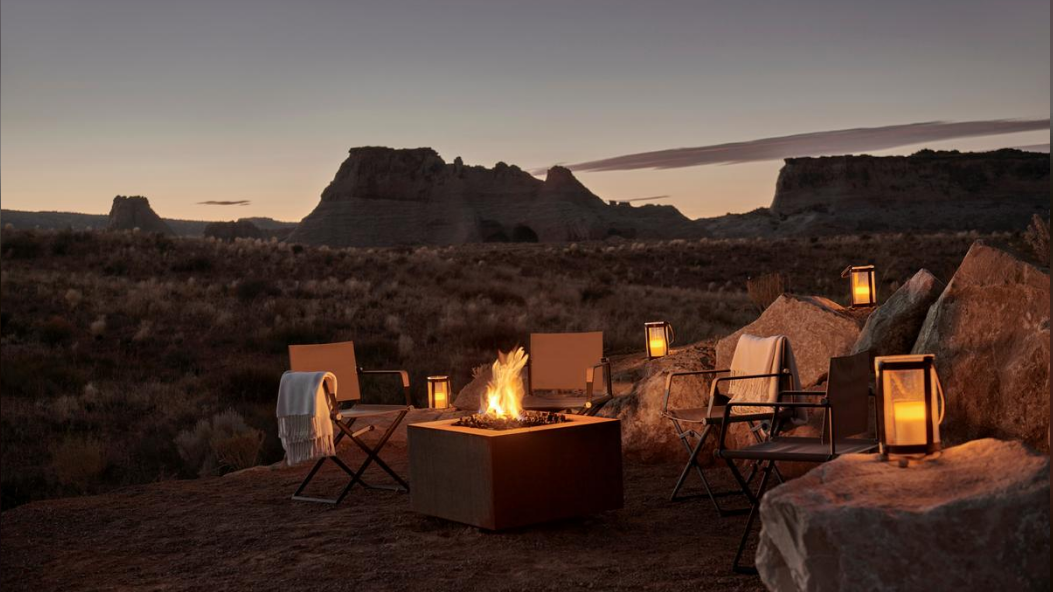With summer creeping closer and the coronavirus pandemic still going on, people are accepting the reality that post-COVID-19 vacationing isn't going to be as easy as it was. From the aviation industry to travel product choices, the pandemic has completely changed the way we travel.
Big changes for aviation
The latest aviation industry developments such as new seating innovation and contactless travel policies have been implemented across the world as a result of the pandemic.
Airlines and airports are ramping up hygiene levels to minimize the risk of any infection and introduce facial recognition check-in system. Hong Kong International Airport is the first airport in the world to introduce a full body disinfection facility for passengers.
But most importantly, you have to be healthy to fly. Temperature checking and other health declarations are required and whoever fails these tests will not be allowed to board the plane.
Many airlines have announced that they will suspend catering or other services during the flight. U.S. airlines have removed self-serve snack and fruit baskets, while Hong Kong Airlines has decided to stop offering food and amenities, like pillows and blankets.
New normal in scenic spots
As coronavirus restrictions start to ease, people are hitting the beaches and parks but with strict rules, such as social distancing and masks. Even where more leisurely activities are permitted, avoid large gatherings or crowded areas in scenic spots.
"If it is a nuclear family having a picnic that is perfectly fine, but don't have a birthday bash," said Dr. Neha Nanda, medical director of infection prevention with Keck School of Medicine at the University of Southern California in Los Angeles.

Surfers walk along the waterfront amid the easing of coronavirus restrictions at Bondi Beach in Sydney, Australia, May 27, 2020. /Reuters
Surfers walk along the waterfront amid the easing of coronavirus restrictions at Bondi Beach in Sydney, Australia, May 27, 2020. /Reuters
Luxury travelers in pandemic ready to pay for privacy
Some of the first to book trips after the pandemic will likely be those who can minimize their risk of exposure to the virus, with budgets that allow for more isolated and private forms of travel.
High-end travelers are upgrading to more self-contained transportation, resulting in a "huge uptick" in private air travel, according to Joanna Kuflik, director of travel services at Marchay, a membership-based luxury travel agency.
Cities are less popular options and small, elite properties in remote destinations are in.

The exterior of the Amangiri resort in Canyon Point, Utah, the U.S. /Reuters
The exterior of the Amangiri resort in Canyon Point, Utah, the U.S. /Reuters
Regional 'travel bubbles' likely in time
Neighboring countries are striking agreements that permit trips across their borders like they are encircled in a safety "bubble" and thus the name, also known as air corridors.
The idea has already gained traction in parts of Europe -- officials in Spain's tourism-reliant Balearic Islands have suggested German travelers be allowed to fly back as soon as possible.
Singapore has also announced plans to launch a "fast lane" arrangement with several cities in China to facilitate essential travel for business and official purposes between the two countries.
Zero transmission of cases is unlikely in a time like this, but that doesn't mean low-risk travel has to wait. The "travel bubbles" would represent the first steps towards re-establishing international links, said Zurab Pololikashvili, secretary-general of the World Tourism Organization (UNWTO).